Why Biological Diversity Matters
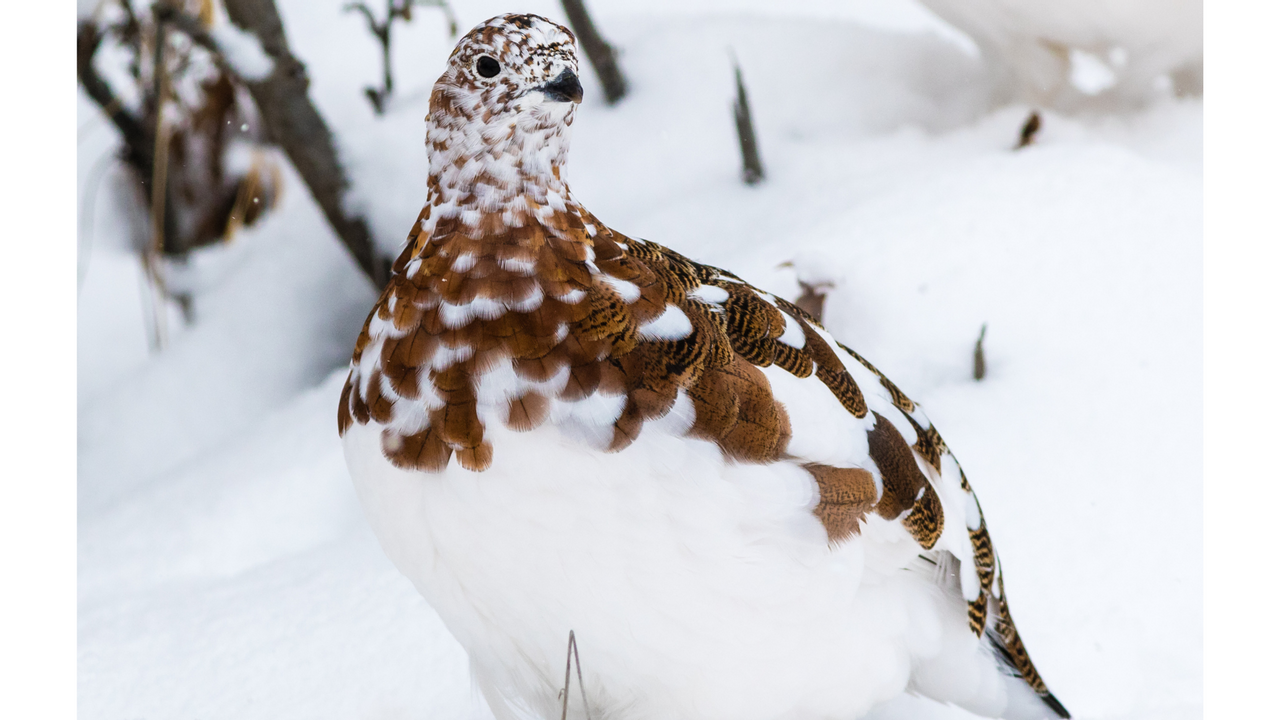
Sure, we all love to see those cute videos of wild bear cubs playing or learning about the intriguing and complex communication of whales. But do you perhaps also have a hard time pinning down exactly WHY having a broad range of diverse species is so important?
You are probably not alone in this at all. We care for these species, and get a sense that they should be protected, but let’s delve into exactly how important this issue actually is - to us, and to the way that our planet’s ecosystems function.

First off, let’s just get the definition of biodiversity or biological diversity down. The universally accepted definition of biodiversity (biological diversity) can be found in the 1992 United Nations’ Convention on Biological Diversity. In this definition, biodiversity is stated as
“the variability among living organisms from all sources, among other things, terrestrial, marine, and other aquatic ecosystems and ecological complexes of which they are part, this includes diversity within species, between species and of ecosystems.”
Whew, so that is really a lot of diversity.
Within species, this means the range of genetic variability in one species that helps that species remain diverse and healthy. So of course we can see some of the genetic diversity in humans when we see ranges of heights, different hair and skin colour and so on. This relates to genetic diversity within a species.
Then we are also interested in having diversity between species, so a range of species. The total number of species on earth fluctuates over time. However, we are presently experiencing a large loss of species due to human-induced changes including loss of wilderness habitat, pollution and climate change. Having many different species in an ecosystem helps that system to function and remain robust and resilient in the face of change.
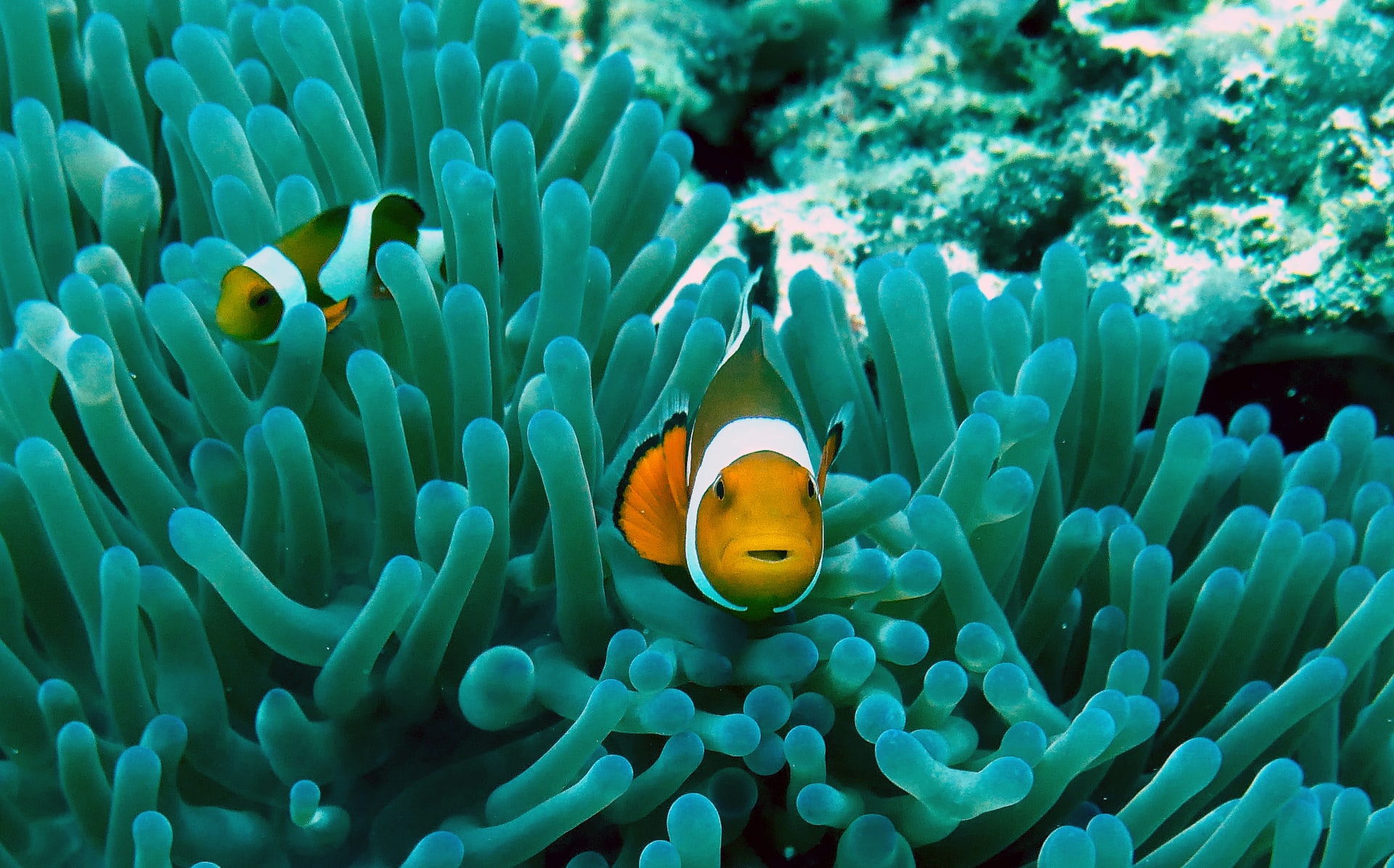
Finally, biodiversity also relates to having a range of diversity of ecosystems! An ecosystem is defined by the Encyclopedia Britannica as
“the complex of living organisms, their physical environment, and all their interrelationships in a particular unit of space.”
They go on to explain how ecosystems function, “An ecosystem can be categorized into its abiotic constituents, including minerals, climate, soil, water, sunlight, and all other non living elements, and its biotic constituents, consisting of all its living members. Linking these constituents together are two major forces: the flow of energy through the ecosystem, and the cycling of nutrients within the ecosystem.”
But ecosystems are out there and we are in here!
Haha, so funny right...we often think of nature as being “out there” and us being “in here”, but the reality is that biologically we are just as connected to the natural world as any other organism. We too rely on functioning ecosystems to provide us with what we need to survive. Air, water, food, it all comes from a functioning ecosystem. You can further explore this issue in Episode 01: The Human-Nature Connection.
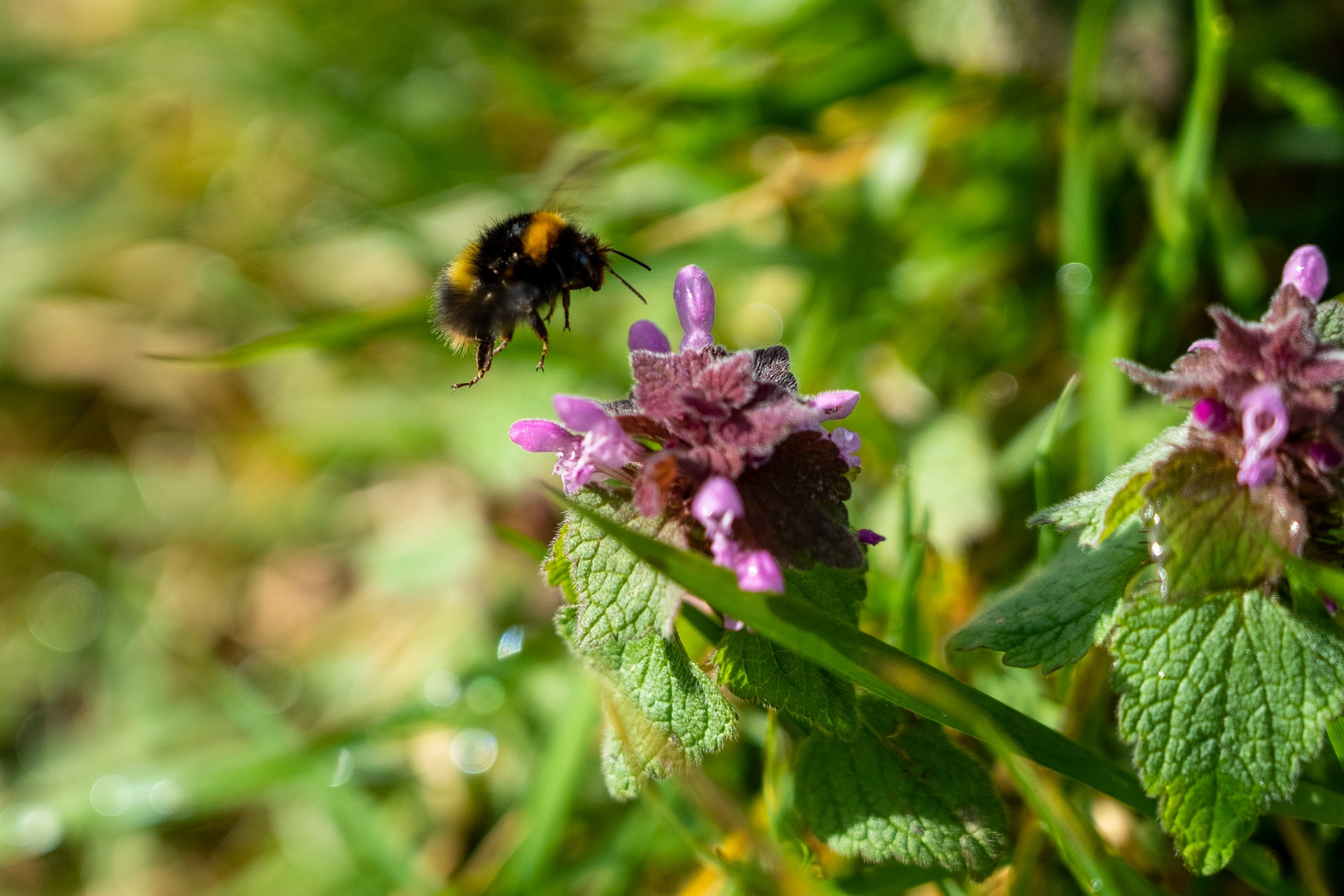
Ecosystems with many different species can be considered diverse, and diverse ecosystems tend to be resilient ecosystems. If one species is lost, another one can take its place, and the whole system can continue to function. This is part of the reason why preserving biological diversity is so important. It helps to protect the functioning of ecosystems.
Celebrate Biodiversity!
The United Nations has proclaimed May 22 to be the International Day for Biological Diversity which is celebrated on an annual basis. The overall purpose of the International Day for Biological Diversity is to increase understanding and awareness of biodiversity issues.
Every year, the United Nations celebrates the International Day for Biological Diversity with a different theme which aims to increase understanding and awareness of biodiversity issues. Previous themes include “Invasive Alien Species” in 2009, “Island Biodiversity” in 2014, and “Celebrating 25 Years of Action for Biodiversity” in 2018.
We are part of the solution
The 2021 theme is “We are Part of the Solution.” This theme is a continuation of the 2020 theme “Our Solutions are in Nature.” In the face of issues such as climate change, increasing demand for agricultural products, air pollution, and more frequent natural disasters, it is important to acknowledge that biodiverse ecosystems can help us solve and mitigate these issues.
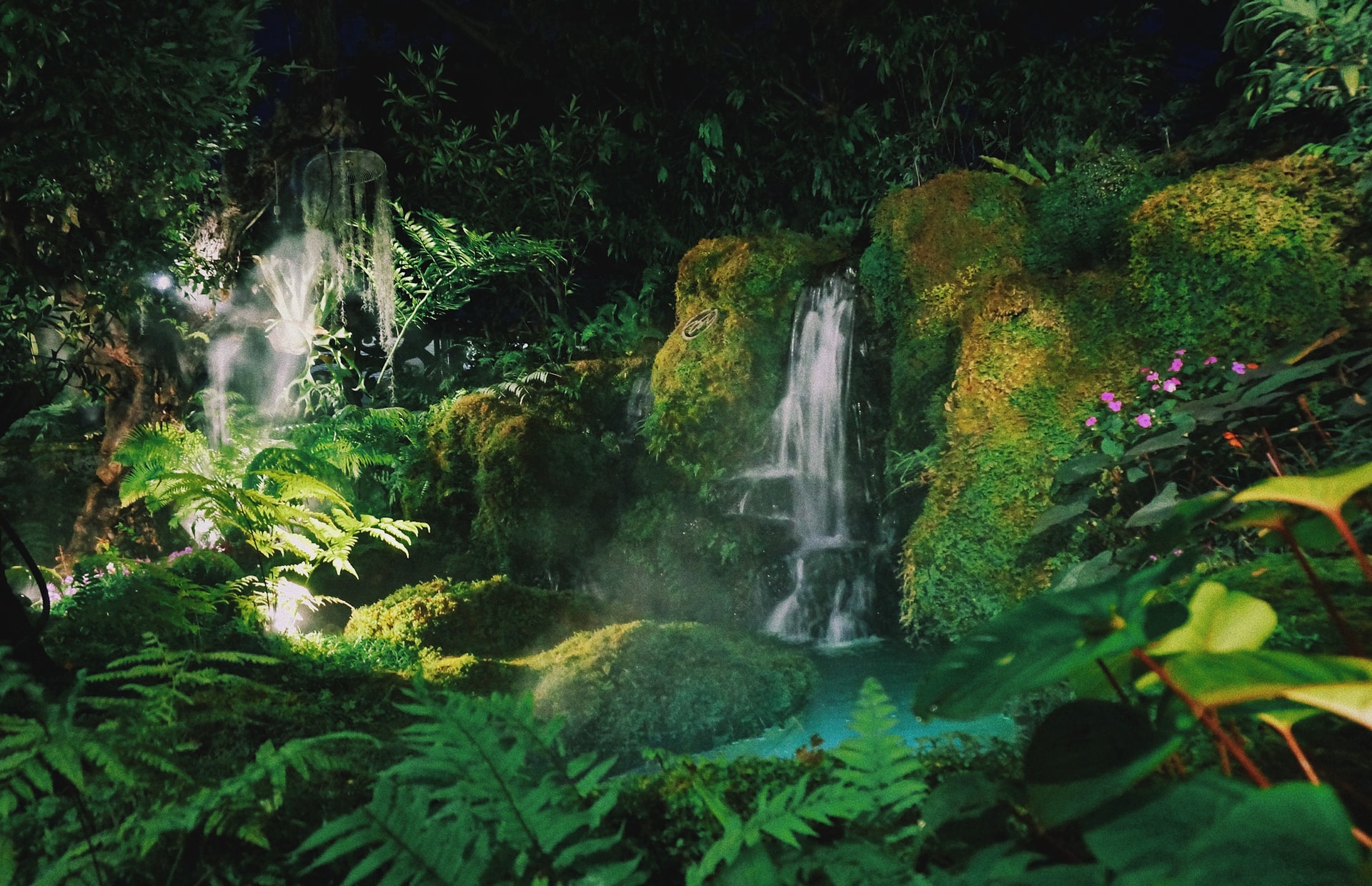
For example, biodiverse ecosystems ensure that our soil is fertile and able to produce a variety of foods such as fruits, vegetables, and grains which will help us keep up with growing demand. Similarly, forest ecosystems which are home to most of Earth’s terrestrial biodiversity are essential for nutrient cycling, filtering our air and water, and providing carbon storage.
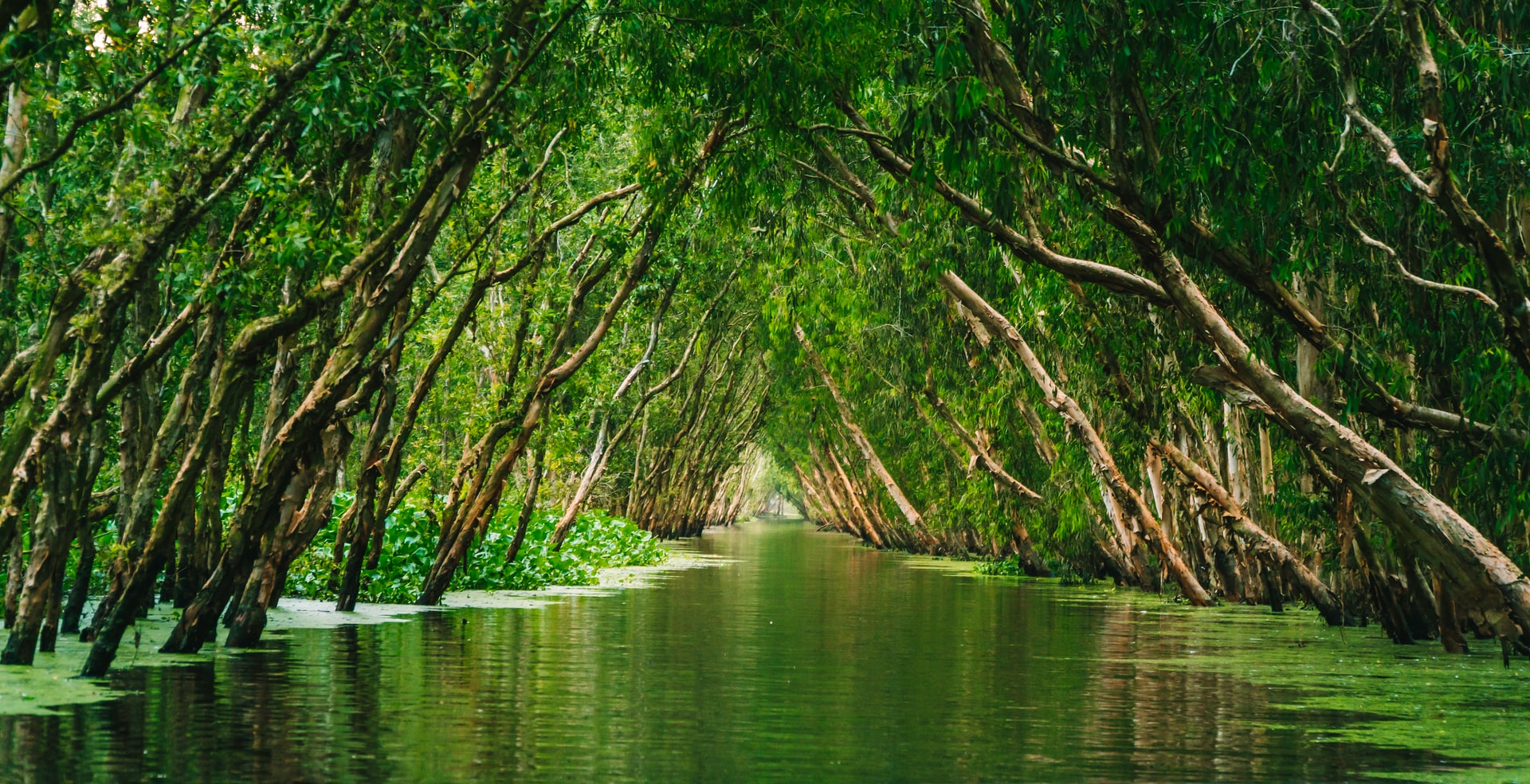
And of course, biodiversity has the potential to increase human health. This year’s International Day for Biological Diversity theme incorporates a discussion of how biodiversity can help protect against the spread of disease. After the year we’ve had dealing with the devastating effects of the COVID-19 pandemic, it is vital to consider different ways to prevent pandemics in the future.
Doreen Robinson, an expert on biodiversity from the United Nations Environment Programme, has stated that the spread of zoonotic diseases (diseases transmitted from animals to humans) can be lowered where native biodiversity is high.
2 Ways of valuing biodiversity
There are two different ways that we can look at the issue of biodiversity and contemplate why it is important to preserve biodiversity around the world.
The first way of thinking about the importance of biodiversity involves acknowledging the intrinsic rights of plants and animals. This way of thinking is consistent with an ecocentric environmental ethic, or in other words, a way of thinking about the environment which acknowledges the value and importance of all living beings.
All living creatures, whether they are human, non-human, sentient, or non-sentient, can be thought of as having intrinsic value. This intrinsic value means that each species has a right to survive and be protected for no other reason than the fact that they exist in this world.

The other way of thinking about biodiversity and its importance comes from an anthropocentric or human centred point of view. Now, although it may sound like an anthropocentric viewpoint is inherently negative, this isn’t necessarily the case. After all, it is natural to think about biodiversity in relation to ourselves! And the preservation of biodiversity benefits all, regardless of the reasoning behind our actions.
In this view of biodiversity, we are able to recognize the importance of ecosystems and the many species within them, as they provide us with water, food, shelter, medicine, clothes, energy, recreation, cultural elements, and much more. The loss of biodiversity within our ecosystems threatens our very survival! Our continued reliance on these ecosystem functions demonstrates that we are a part of nature rather than separate from it.
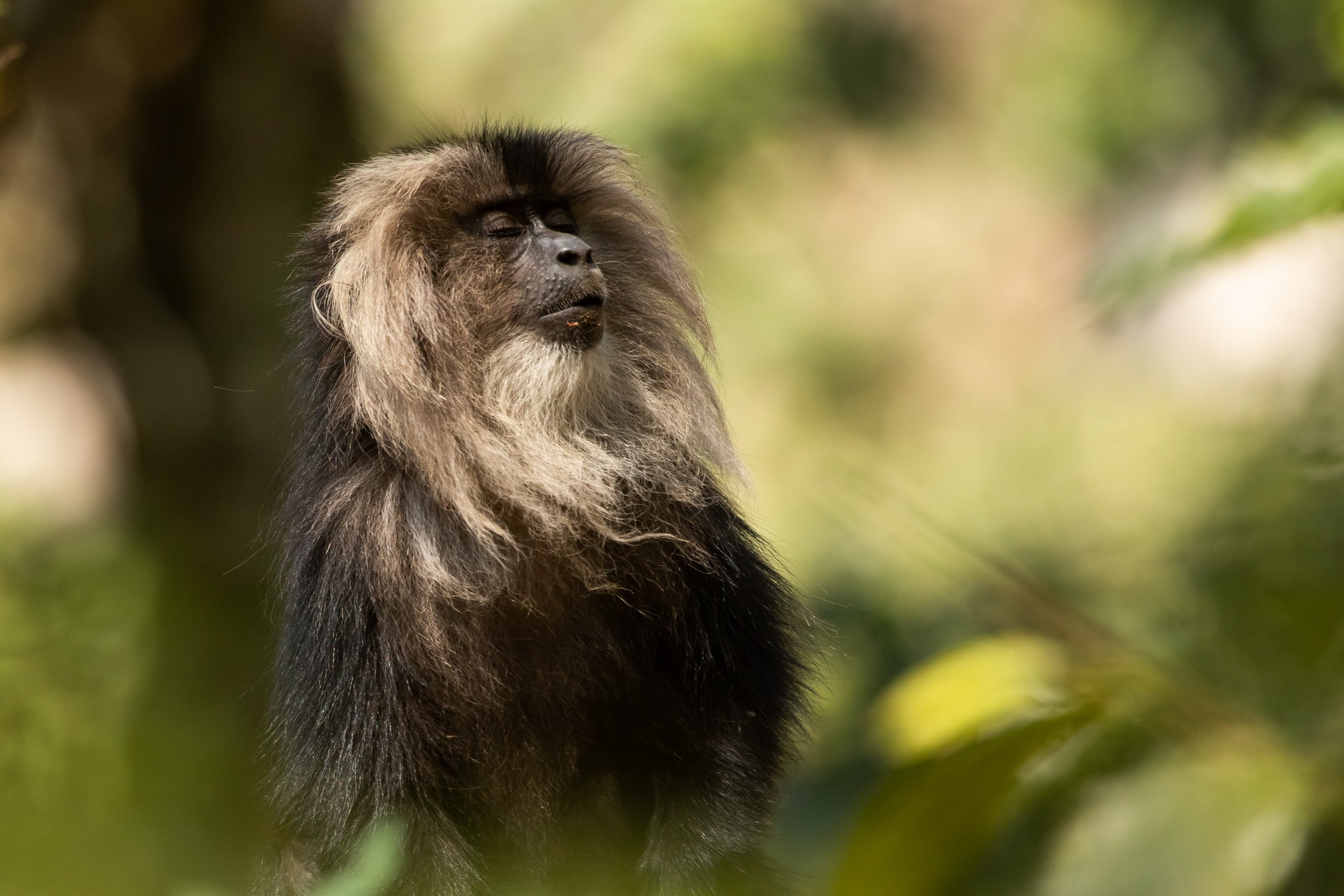
It is interesting to think about our motivations, both personally and as societies around how we value nature. I get into this topic in Episode 02: Exploring the Environmental Ethos. I think that you will enjoy this discussion!
How to get involved this International Day for Biological Diversity
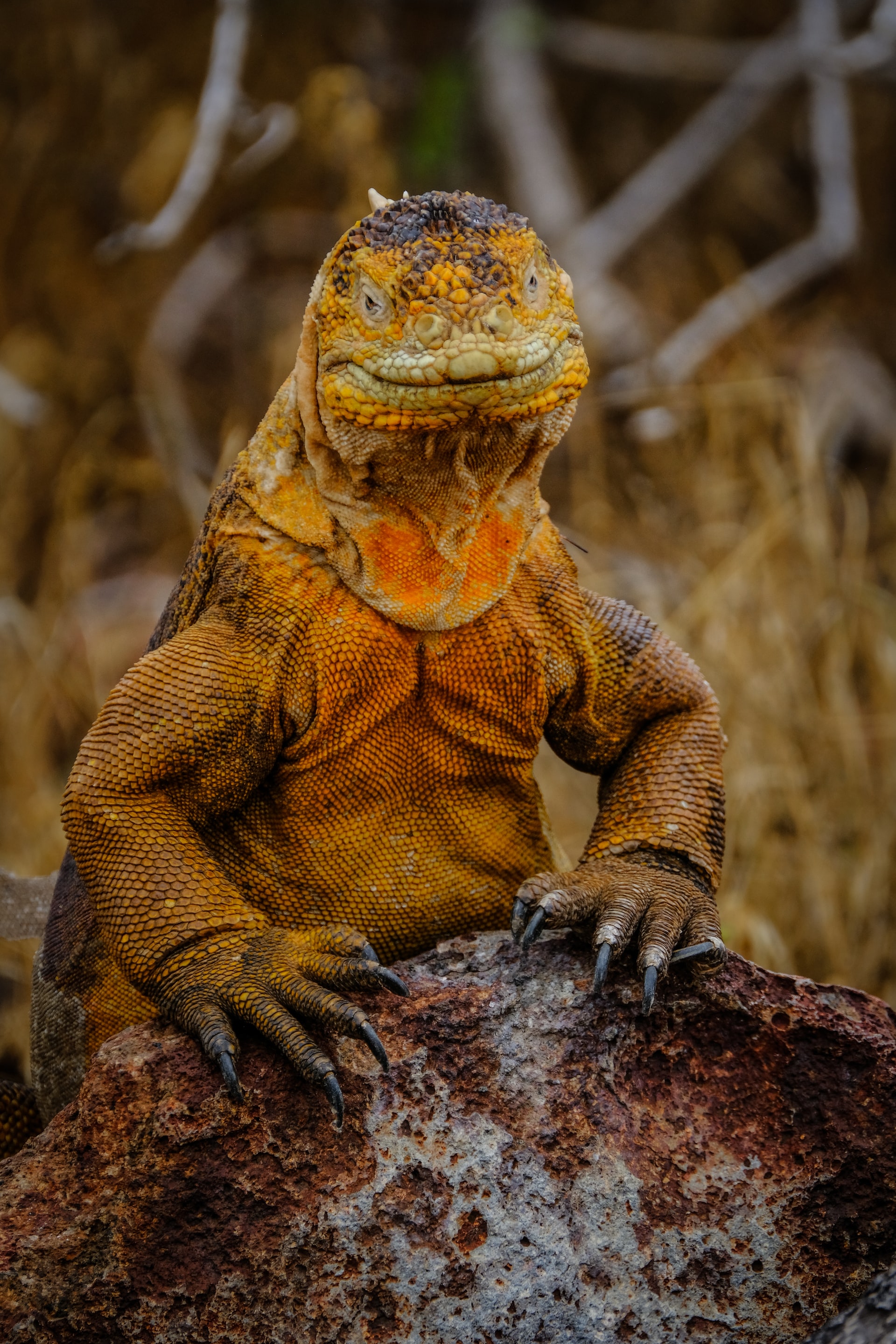
- Learn how to communicate to others the importance of biological diversity with this free course offered by the Convention on Biological Diversity and UNDP.
- Make use of the customizable logo for Biodiversity Day.
- Post a photo or video of yourself showing how you’re a part of the solution. Use the hashtags #BiodiversityDay and #ForNature
- Make a commitment to be part of the solution, and register your action through the Action Agenda #ForNature and People.
- A great place to start is to simply work on increasing the biodiversity in your own yard or balcony! Head over to Episode 17: Naturalizing Your Yard or Balcony, for all of the details.
- Learn about Rewilding as another way to enhance and protect biodiversity.
Stay connected with news and updates!
Join my mailing list to receive the latest news and updates. Your information will not be shared.

